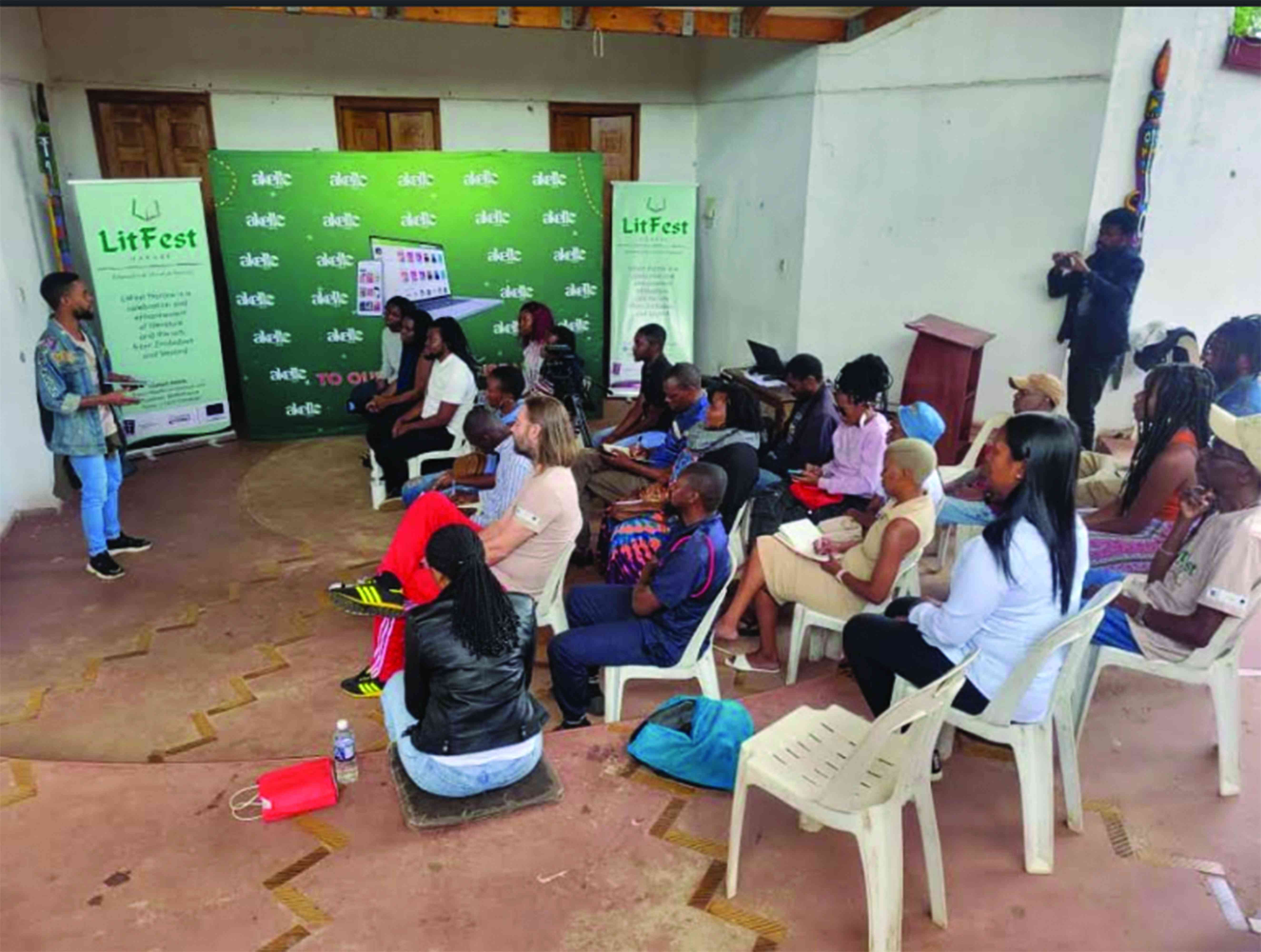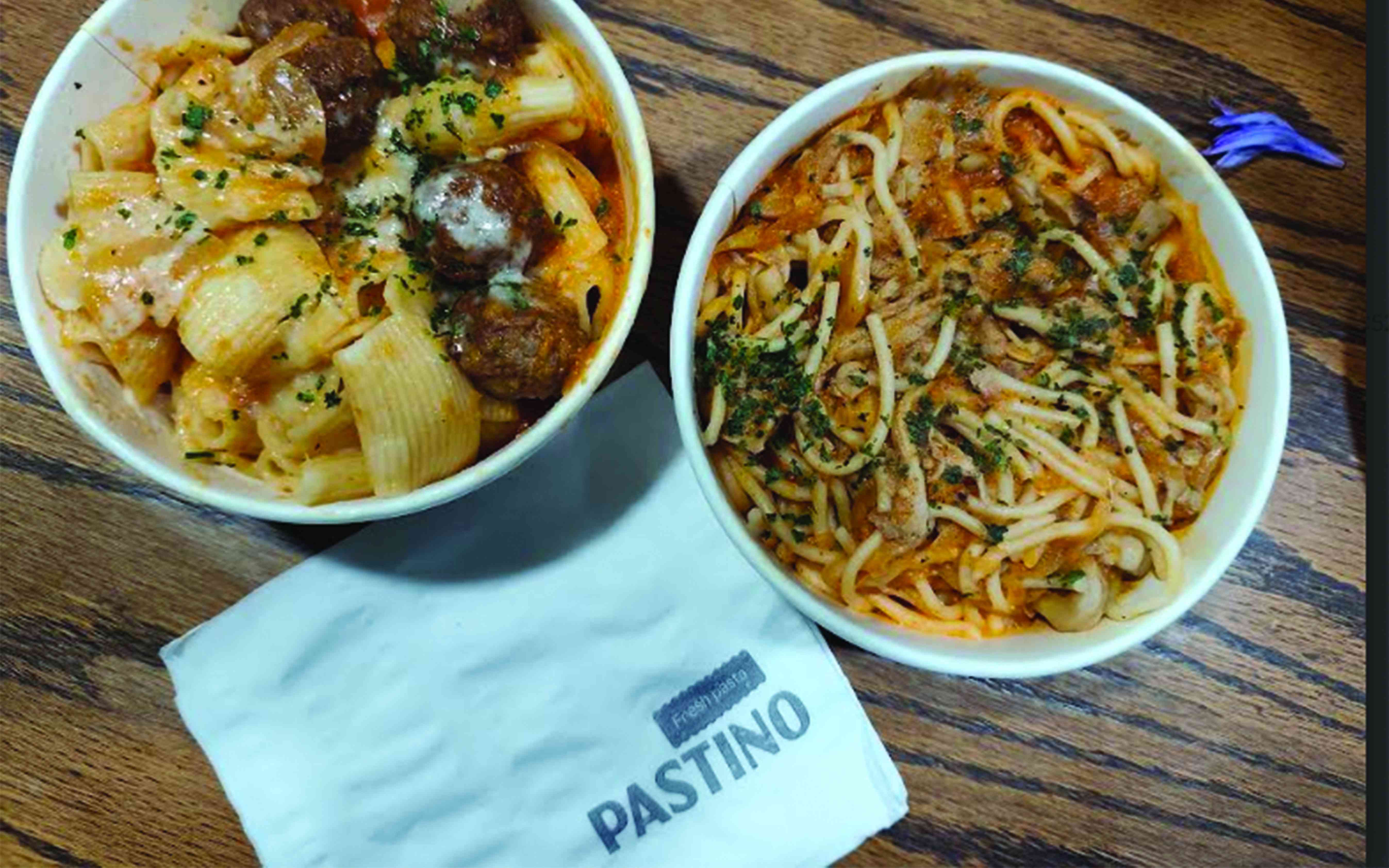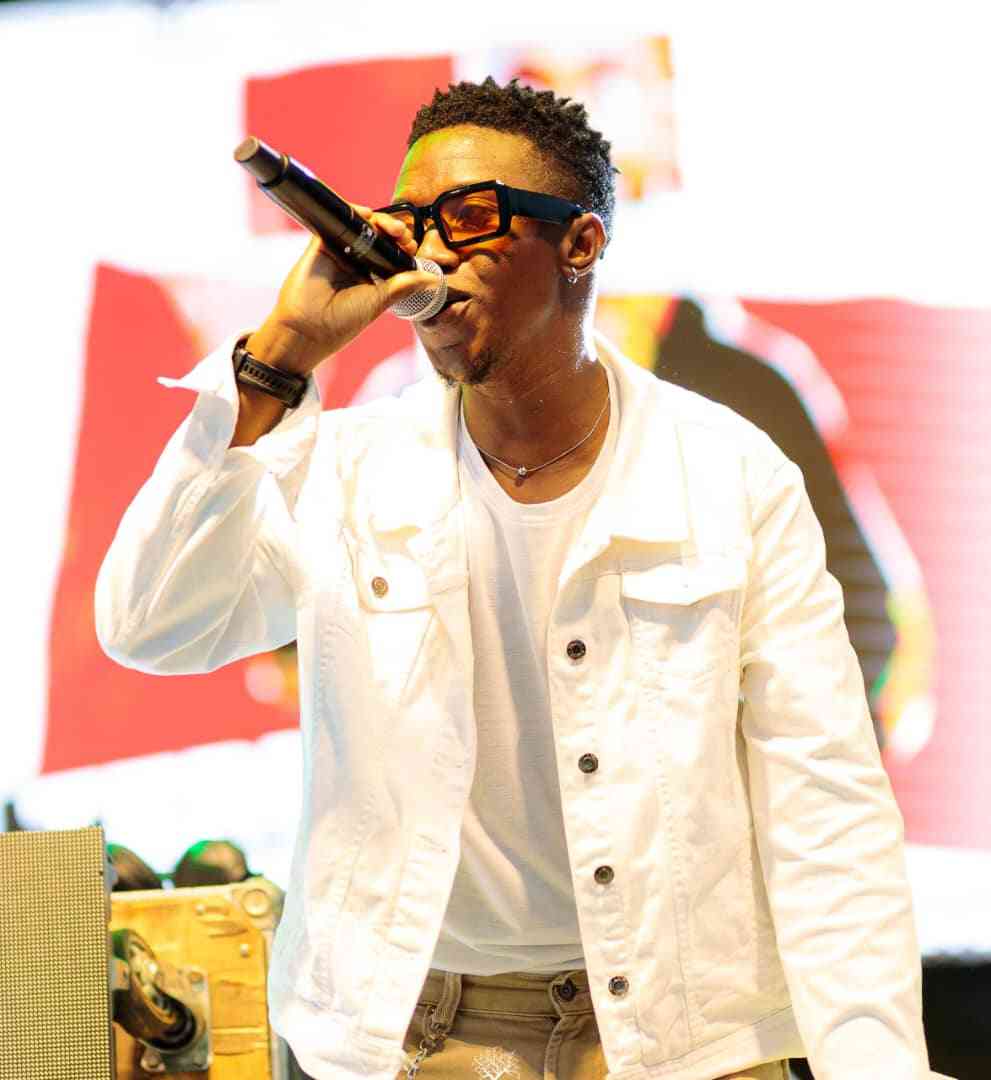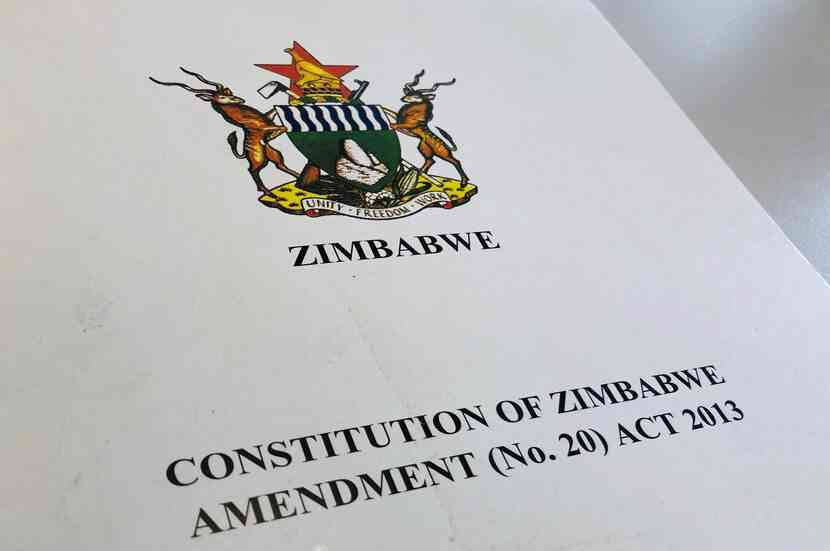
THE stage is set for a profound dialogue between past and future at the 12th Harare International Literature Festival. Guided by the resonant TjiKalanga theme “Lebeleka Takawilila” (Speak, We Are Listening), this year’s gathering is more than a celebration of words — it is a tribute to the enduring legacies carried by art across generations. From November 26 to 29, the city will pulse with literary energy as over 80 writers, poets, and artists from eight countries converge on venues such as Alliance Française and Theatre in the Park. The programme is a rich tapestry of creative expression: from a dramatic staging of Giles Kuimba’s classic Tambaoga Mwanangu to a secret “We Are Africa” concert by Sofar Sounds. Alpha Media Holdings chairman Trevor Ncube will be the guest of honour. But what does it truly mean to listen? To explore the heart of this theme, IndependentXtra reporter Khumbulani Muleya (KM) spoke with the festival’s director, Chirikure Chirikure (CC). Below are excerpts from their conversation:
KM: Congratulations on this 12th edition. How would you measure the impact of LitFest Harare so far? Is it in the quality of specific conversations that the festival has successfully curated over the years, the establishing of new artistic collaborations (locally/internationally) or something less tangible like a shift in the cultural confidence of young Zimbabweans?
CC: Reaching our 12th edition gives us a moment to reflect on what the festival has contributed, and for us, the impact is multi-layered. Firstly, we see an impact in the quality of conversations LitFest has nurtured.
Every year, we create space for honest, critical and often courageous dialogue — around language, identity, memory, decoloniality, digital futures and storytelling. These conversations do not end at the festival. They have influenced teaching spaces, creative practices and cultural discussions long after the final session closes. Secondly, our impact is evident in the collaborations we have helped spark, both locally, regionally and internationally.
KM: What have you done over the years for the creatives, writers, among others?
CC: Over the years, LitFest has brought together writers, poets, academics, musicians, theatre practitioners, creatives and visual artists in ways that have led to new projects, residencies, publications and performances.
When collaborations outgrow us and continue independently, we see that as success. And perhaps the most profound impact is the shift in cultural confidence among young Zimbabweans.
We have watched emerging creatives embrace their own languages, their own aesthetics and their own histories with growing assurance.
- ‘Nzizi’: A unique music collaboration
- Language legacy expo announced
- All set for LitFest Harare 2025
- All set for the 12th Harare International Literature Festival
Keep Reading
If LitFest has played even a small role in nurturing that confidence — that belief that Zimbabwean and African stories are powerful and sufficient — then that is one of our proudest achievements. So, the impact is intellectual, creative and emotional — and together these layers show a festival that is contributing meaningfully to a more connected, self-assured and expressive literary culture.
KM: Beyond the translation, what Kalanga principles underpin this year’s theme and why was it essential to build the entire festival on this local linguistic foundation?
CC: A key principle is lebeleka, the idea of carrying and transmitting knowledge, memory and artistic inheritance from one generation to the next. It speaks to continuity — to the ways in which the past is carried into the present through language, story and creative expression.
That idea sits at the heart of this year’s programme. Another important element is the community-based nature of Kalanga storytelling. Stories are shared, held collectively and used to teach responsibility, ethics and identity. They emerge from the community and return to it.
This year, we are foregrounding that worldview — that art does not exist in isolation but is part of a larger social and spiritual ecology.
KM: Are there any specific Kalanga philosophies or worldviews on art and storytelling that the festival will be centre-staging this year?
CC: It is important to emphasise that our inspiration is not about promoting Kalanga alone. Using Kalanga as our anchor is a symbolic entry point into a larger commitment: to honour all African indigenous languages, the artistic knowledge embedded in them, and the many forms of creative expression they generate.
Zimbabwe and the continent are multi-lingual, and every language carries its own philosophy, aesthetics and history.
We wanted the festival to affirm that richness. So, across this edition, audiences will encounter Kalanga worldviews alongside broader African linguistic and artistic traditions — all contributing to a festival that celebrates memory, community, plurality and the enduring power of indigenous creativity.











